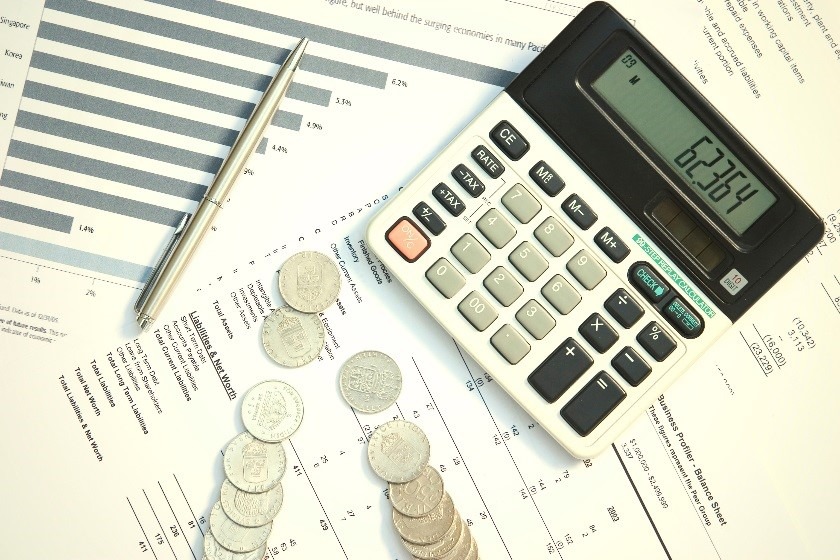


 Just because you have bad credit or think you do doesn’t mean you will get turned down for a loan. Some lenders may prefer to loan you money rather than someone with excellent credit. Lenders will loan nearly anyone money, provided their credit scores are not at the very bottom. Check your credit report and score Before you even entertain the thought of buying a home, you should check your credit and see if there any inaccuracies. While you are doing this, check your score and let a lender know what it is. The fewer times your score is checked, the better, because your credit can be impacted if it is checked too many times. A higher score indicates that you are a risk. How to improve your Credit
Just because you have bad credit or think you do doesn’t mean you will get turned down for a loan. Some lenders may prefer to loan you money rather than someone with excellent credit. Lenders will loan nearly anyone money, provided their credit scores are not at the very bottom. Check your credit report and score Before you even entertain the thought of buying a home, you should check your credit and see if there any inaccuracies. While you are doing this, check your score and let a lender know what it is. The fewer times your score is checked, the better, because your credit can be impacted if it is checked too many times. A higher score indicates that you are a risk. How to improve your Credit
Shopping for a lender The lower your credit score, the more your loan will cost you, because you are a higher risk for a lender to loan you money. If you have bad credit, then it is even more important to shop for a loan, because this could save you money. A lot of lenders consider 620 to be an acceptable score; however, there are others who will accept a score as low as 580. This will likely impact the interest rate that you are approved to get. Look for someone who will not only give a better rate, but also someone who will treat you with respect and compassion. Ask the lender some questions and see if they answer them. A good lender will not make you sign into anything you are not comfortable with. Many people have decided to borrow from a place with better rates, but regret it because the lender isn’t as compassionate as they could be. Don’t take your time shopping for mortgages. Doing it one time won’t do anything, but if you start going to other places and doing it multiple times then it will start to negatively impact your credit score. Other tips to remember Because you will be paying interest, you need to find other places where you are able to save some money. Your best bet as to doing this is to try to get a loan that doesn’t charge any prepayment penalties. These types of loans don’t charge you should you happen to pay the loan off sooner than the specified time or date. Also, be aware that home loan interests and points paid to reduce the interest rate on your home are typically tax deductible. To learn more, check with a tax advisor in your area. There are some loans for which you are able to roll the closing costs of your home into your mortgage should you not have the money available to pay it outright. This will allow you to save a little money by paying it with your mortgage. Shopping around for the right lender is always important, but this can be even more important if you have less than perfect credit. Contributor James Link
Message has been sent!